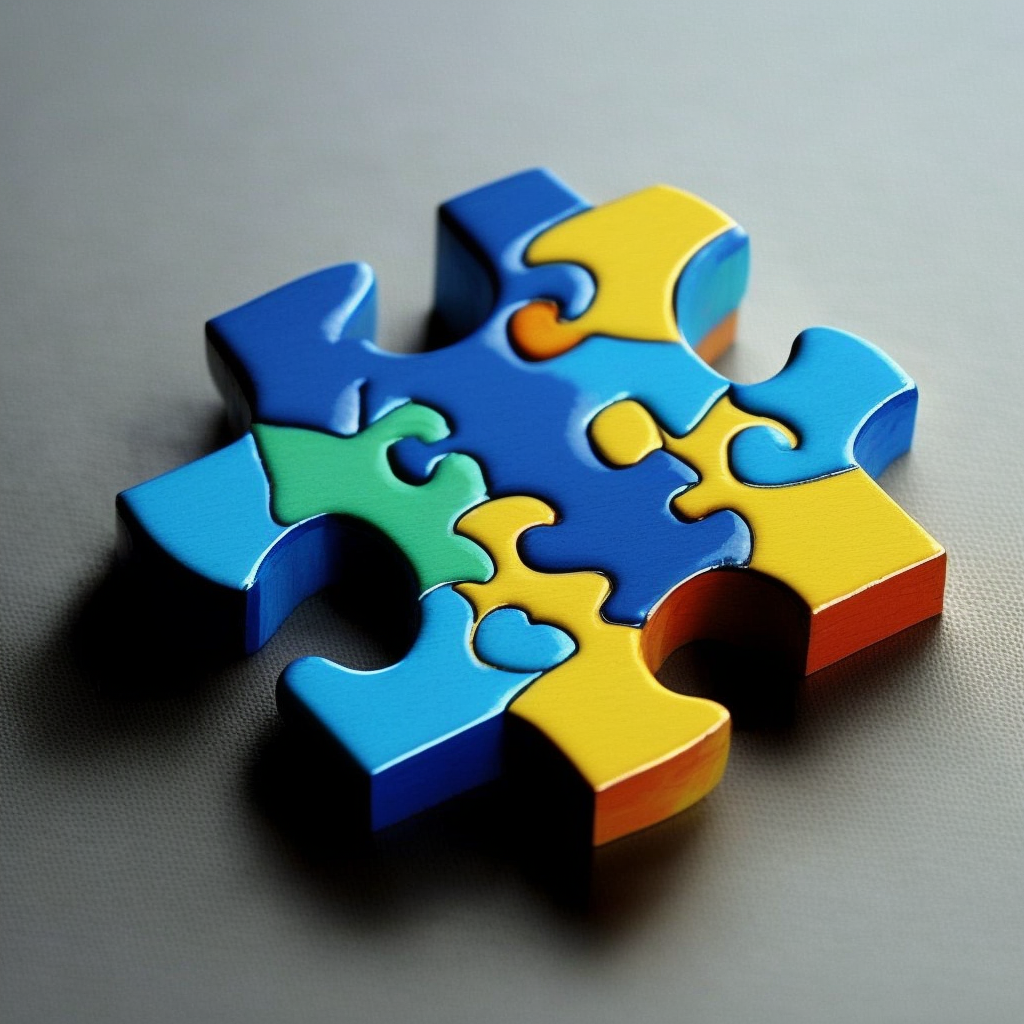Kids with Autism May Be Diagnosed with ADHD

According to a recent study, children with Autism Spectrum Disorder (ASD) may be incorrectly diagnosed with Attention Deficit Hyperactivity Disorder (ADHD) if their symptoms are not carefully observed to differentiate between focus problems or social deficits.
The study found that about 30% of children with ASD also have ADHD, which makes diagnosis even more complicated. To address this issue, researchers developed the ADHD rating scale (ADHD-RS IV) in the 1990s to evaluate ADHD symptoms in children with ASD.
However, the tool’s effectiveness for children on the autism spectrum was called into question by the study’s findings. The researchers examined evaluations of 386 children aged seven to 17 with ASD without intellectual disability and used factor analysis to determine if the tool was effective. They found that some questions on the ADHD rating scale did not apply to children with ASD and were only high for the subset of children with significant ADHD symptoms.
For instance, questions that ask if a child responds when spoken to directly do not differentiate between simple inattention (a symptom of ADHD) and a child’s lack of understanding of how to act in a social situation (commonly seen in ASD).
Therefore, parents who are concerned should seek clinicians who consider the possibility of ASD when assessing for ADHD. The study’s co-author, Thomas J. Power, Ph.D., director of CHOP’s Center for Management of ADHD, suggested the need for a new rating scale that takes symptoms of autism into account.
It is worth noting that ADHD medication may be beneficial for some children on the autism spectrum, and scale scores can be used to advocate for appropriate support in schools.
References:
- Mandell, D. S., et al. (2022). Evaluating ADHD in children with autism: A factor analytic approach. Journal of Autism and Developmental Disorders, 52(2), 651-659. doi: 10.1007/s10803-021-05218-w
- Autism Speaks. (n.d.). Autism and ADHD. Retrieved from https://www.autismspeaks.org/adhd-and-autism
Discover more from Living with Autism
Subscribe to get the latest posts sent to your email.



1 Response
[…] Kids with Autism May Be Diagnosed with ADHD […]